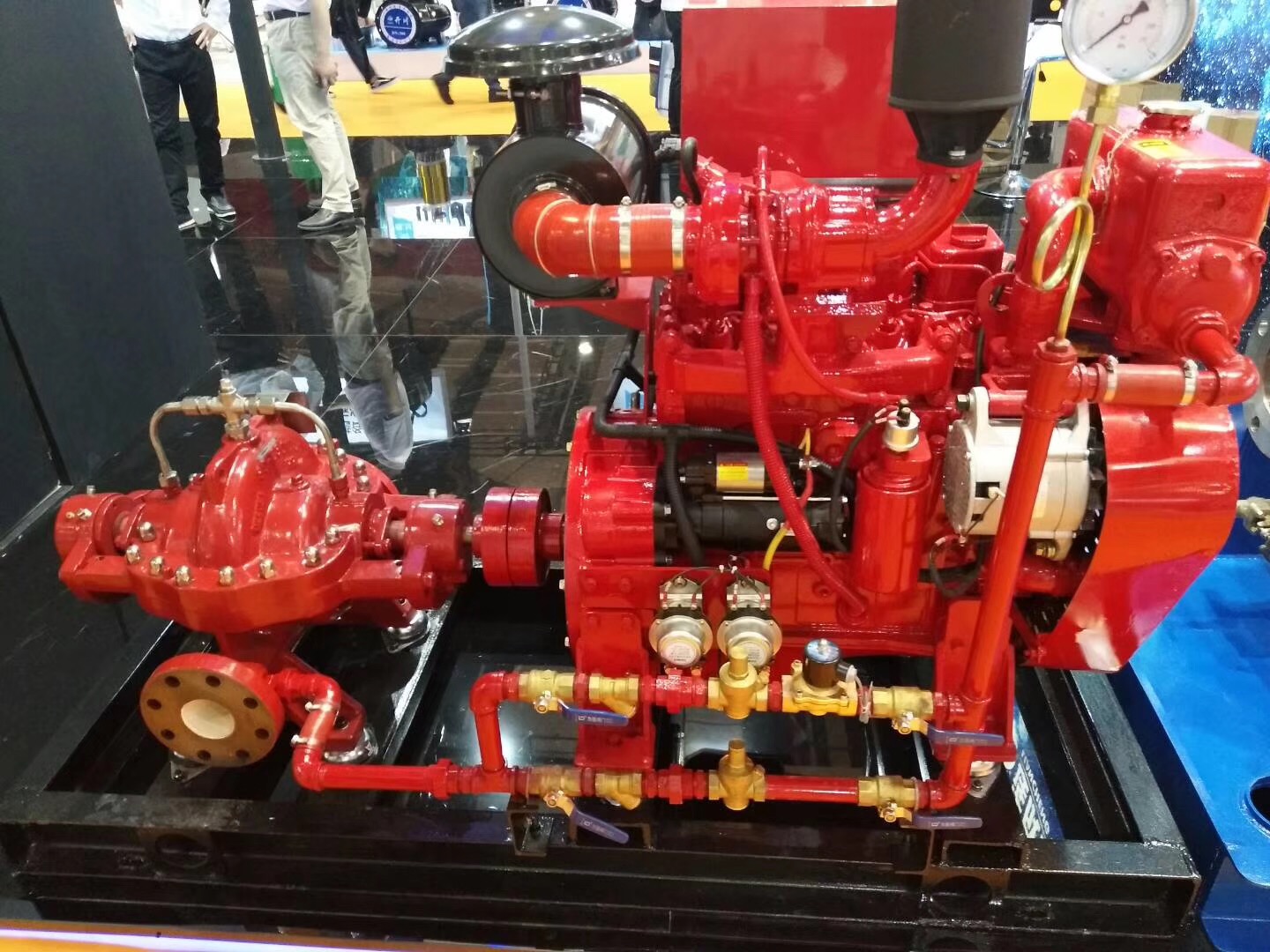Uighur
- Afrikaans
- Albanian
- Amharic
- Arabic
- Armenian
- Azerbaijani
- Basque
- Belarusian
- Bengali
- Bosnian
- Bulgarian
- Catalan
- Cebuano
- Corsican
- Croatian
- Czech
- Danish
- Dutch
- English
- Esperanto
- Estonian
- Finnish
- French
- Frisian
- Galician
- Georgian
- German
- Greek
- Gujarati
- Haitian Creole
- hausa
- hawaiian
- Hebrew
- Hindi
- Miao
- Hungarian
- Icelandic
- igbo
- Indonesian
- irish
- Italian
- Japanese
- Javanese
- Kannada
- kazakh
- Khmer
- Rwandese
- Korean
- Kurdish
- Kyrgyz
- Lao
- Latin
- Latvian
- Lithuanian
- Luxembourgish
- Macedonian
- Malgashi
- Malay
- Malayalam
- Maltese
- Maori
- Marathi
- Mongolian
- Myanmar
- Nepali
- Norwegian
- Norwegian
- Occitan
- Pashto
- Persian
- Polish
- Portuguese
- Punjabi
- Romanian
- Russian
- Samoan
- Scottish Gaelic
- Serbian
- Sesotho
- Shona
- Sindhi
- Sinhala
- Slovak
- Slovenian
- Somali
- Spanish
- Sundanese
- Swahili
- Swedish
- Tagalog
- Tajik
- Tamil
- Tatar
- Telugu
- Thai
- Turkish
- Turkmen
- Ukrainian
- Urdu
- Uighur
- Uzbek
- Vietnamese
- Welsh
- Bantu
- Yiddish
- Yoruba
- Zulu
Telephone: +86 13120555503
Email: frank@cypump.com
نويابىر . 17, 2024 02:55 Back to list
Efficient Pumps for Safe and Reliable Chemical Handling Applications
Chemical Handling Pumps Essential Equipment for Safe and Efficient Operations
In various industrial applications, chemical handling pumps play a pivotal role in the movement and transfer of liquids. These specialized pumps are designed to safely manage corrosive, toxic, or flammable substances, which makes them indispensable in sectors such as chemical manufacturing, pharmaceuticals, oil and gas, and water treatment.
The importance of selecting the appropriate chemical handling pump cannot be understated. Different chemicals have distinct properties, which affect how they should be handled. Factors such as viscosity, temperature, and reactivity must be considered when choosing a pump to ensure optimal performance and safety. For instance, certain pumps are made from materials specifically engineered to resist corrosion and degradation when in contact with aggressive chemicals, such as fluoropolymers or stainless steel alloys.
One common type of chemical handling pump is the diaphragm pump, which is well-suited for transferring a wide range of chemicals without contamination. This design allows for a precise flow control, minimizing the risk of spills and leaks. Another popular choice is the centrifugal pump, known for its efficiency in moving large volumes of liquids at relatively low pressures. However, centrifugal pumps have limitations when it comes to handling viscous or shear-sensitive fluids, making it essential to assess the properties of the chemicals being pumped before making a decision.
chemical handling pumps

Safety is paramount in chemical handling applications. When handling hazardous substances, the risk of spills or leaks can have severe consequences, not only for workers but also for the environment. Thus, many modern chemical handling pumps are equipped with various safety features. For instance, sensors can be installed to detect leaks, and pumps can be designed with double-walled constructions to contain any potential spills. Additionally, many manufacturers adhere to strict regulatory standards to ensure that their equipment meets the necessary safety guidelines, such as those set forth by OSHA or EPA.
Another critical aspect of chemical handling pumps is maintenance. Regular maintenance is essential to prolong the lifespan of the pump and ensure it operates efficiently. This includes routine inspections, cleaning, and replacing worn or damaged parts. Using the correct lubricants and following operational guidelines can prevent common issues, such as cavitation and overheating.
Furthermore, advances in technology have led to the development of smart pumps, which incorporate IoT (Internet of Things) devices for real-time monitoring and data analysis. These smart pumps enable operators to keep track of various parameters like flow rate, pressure, and temperature remotely, allowing for proactive maintenance and reducing downtime.
In conclusion, chemical handling pumps are vital for ensuring the safe and efficient transfer of various chemicals in numerous industries. By selecting the right pump for specific applications and maintaining it properly, companies can enhance safety and performance while minimizing risks associated with the handling of hazardous materials. As technology continues to evolve, the future of chemical handling pumps looks promising, paving the way for innovation in safety and efficiency in chemical processing environments.
-
Reliable Non-Clog Sewage Pumps with GPT-4-Turbo Tech
NewsAug.04,2025
-
High-Performance Air Pumps for Sand & Gravel | Efficient Transport
NewsAug.03,2025
-
ISG Series Vertical Pipeline Pump - Chi Yuan Pumps Co., LTD.|Energy Efficiency, Corrosion Resistance
NewsAug.03,2025
-
ISG Series Pipeline Pump - Chi Yuan Pumps | Energy Efficiency&Compact Design
NewsAug.03,2025
-
ISG Series Vertical Pipeline Pump - Chi Yuan Pumps Co., LTD.|High Efficiency, Low Noise, Durable
NewsAug.02,2025
-
ISG Series Vertical Pipeline Pump - Chi Yuan Pumps | High Efficiency, Low Noise
NewsAug.02,2025










